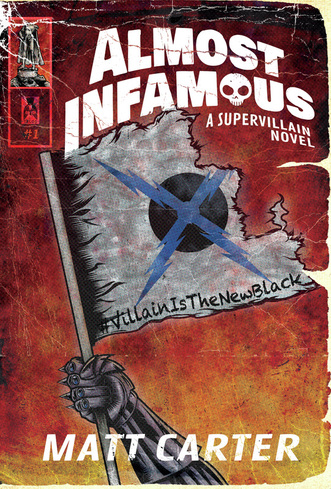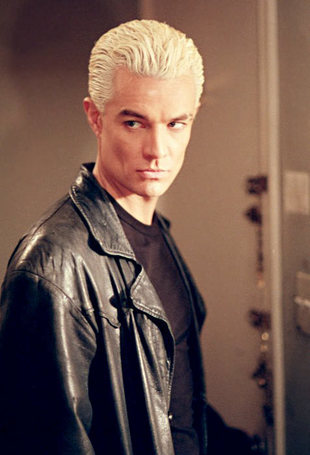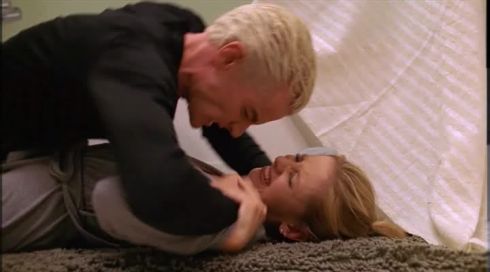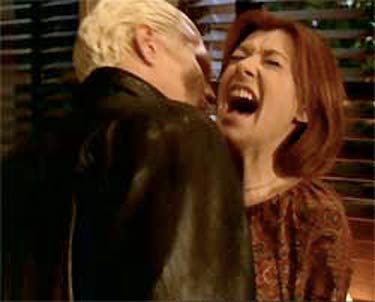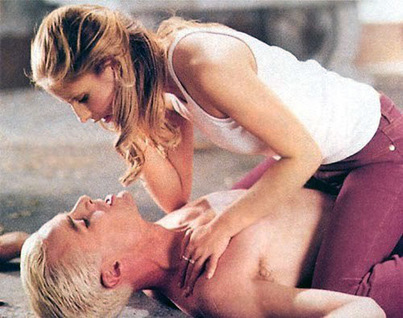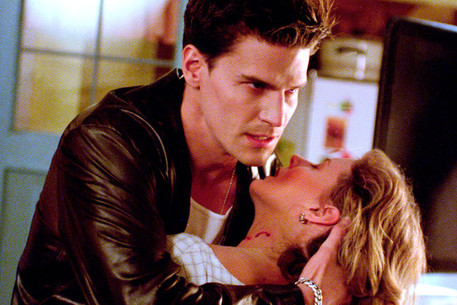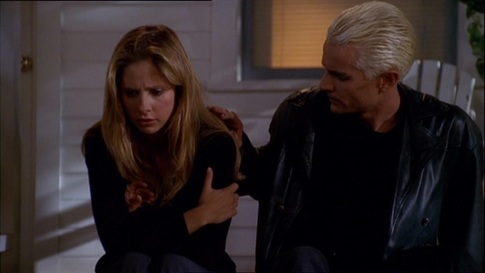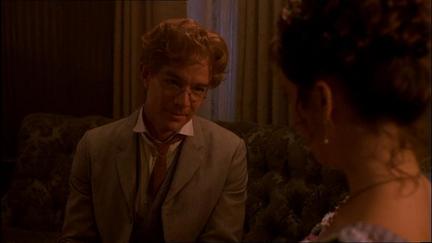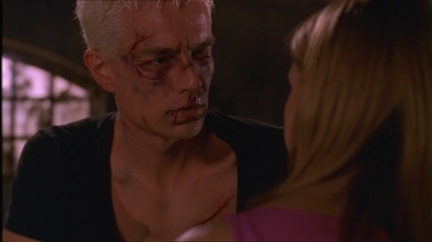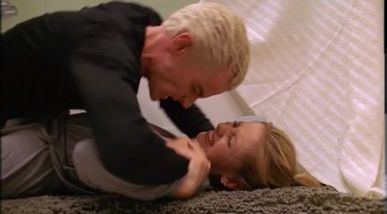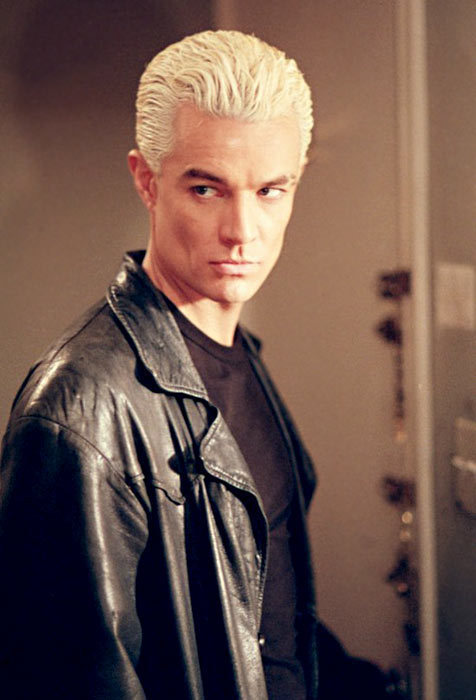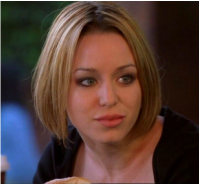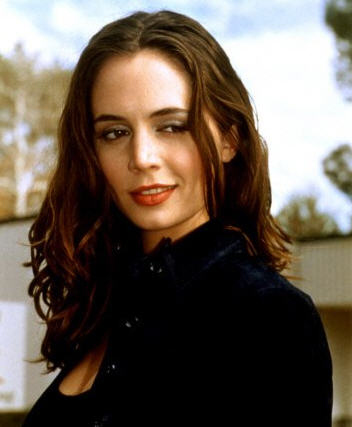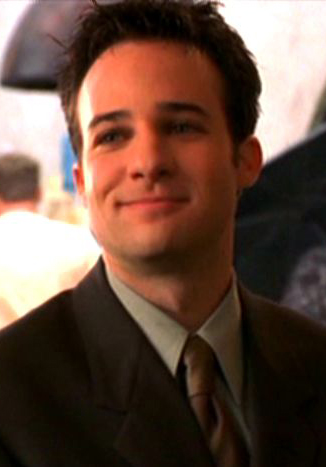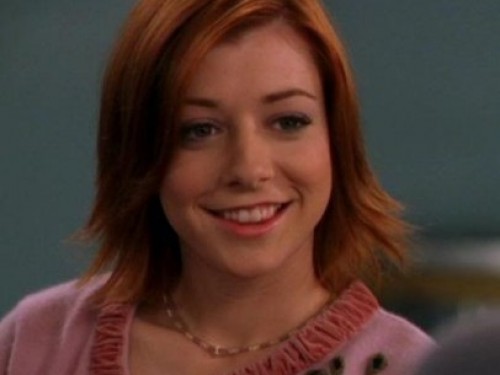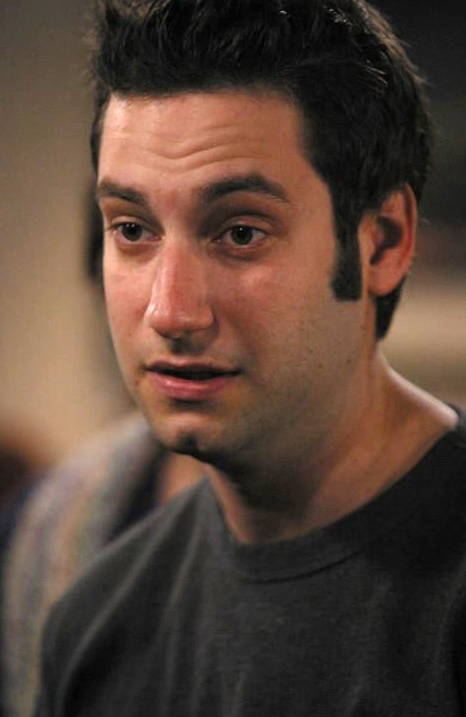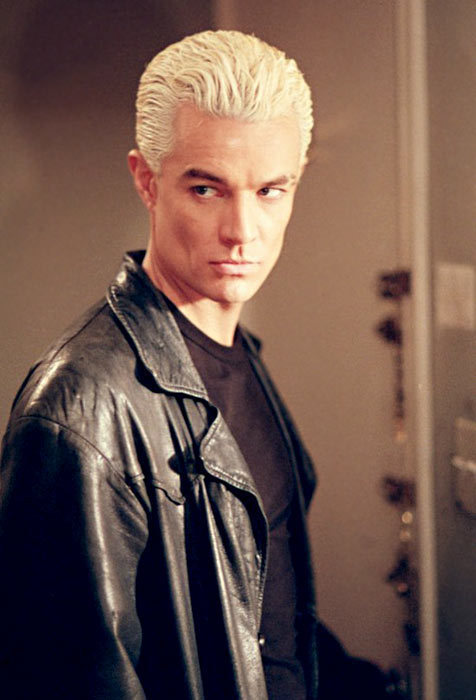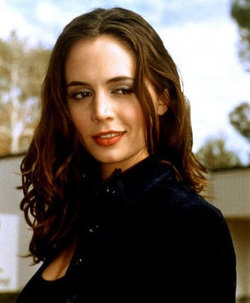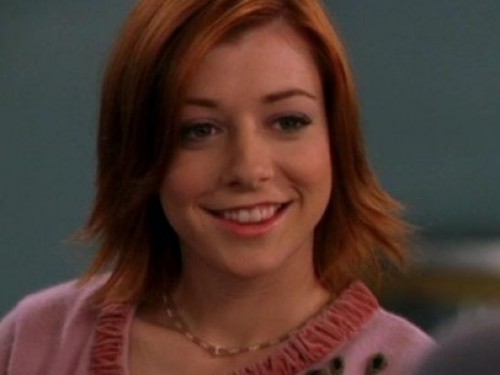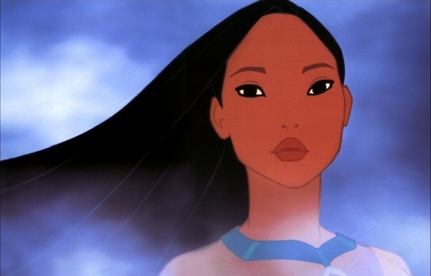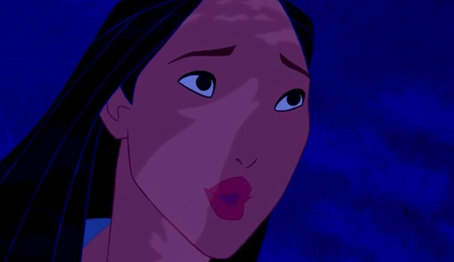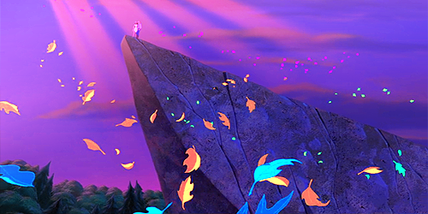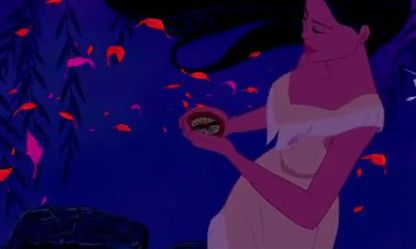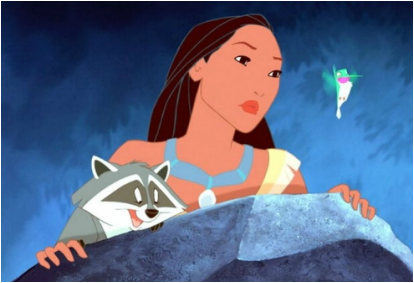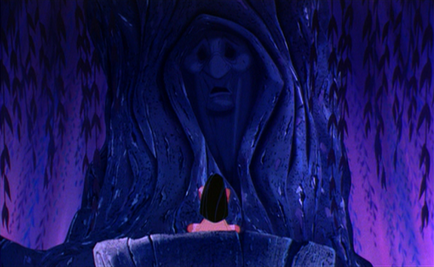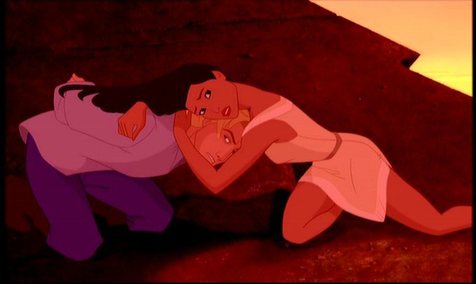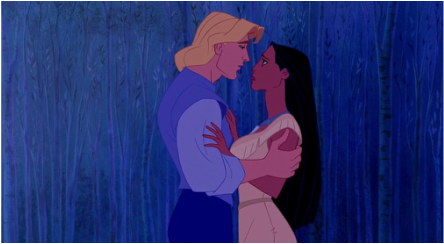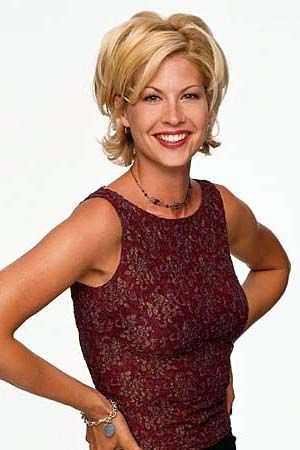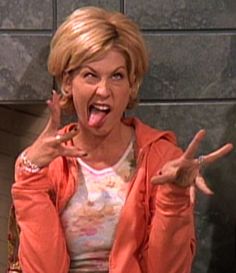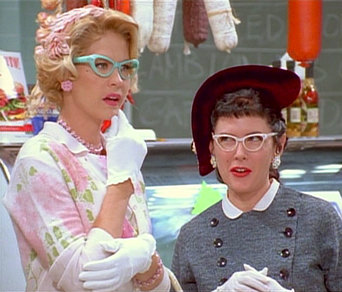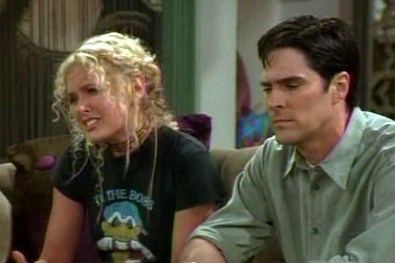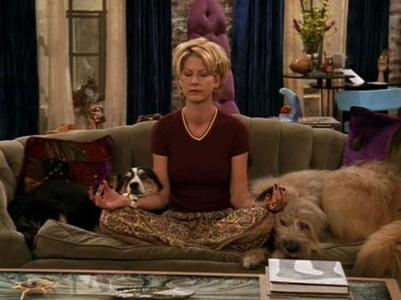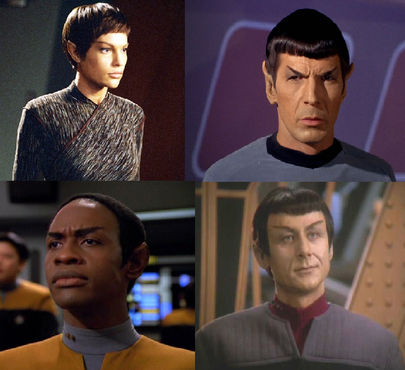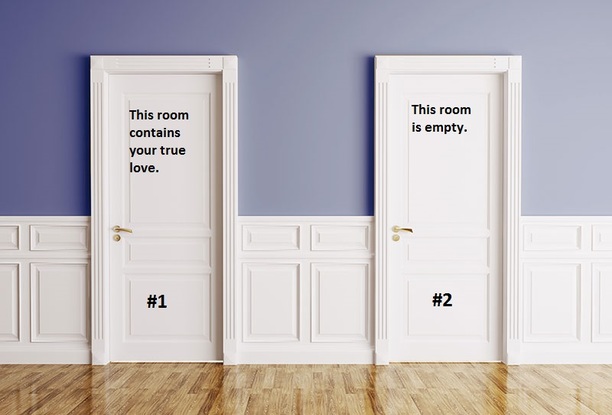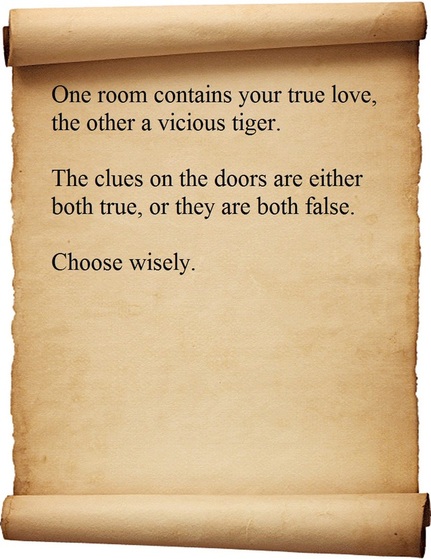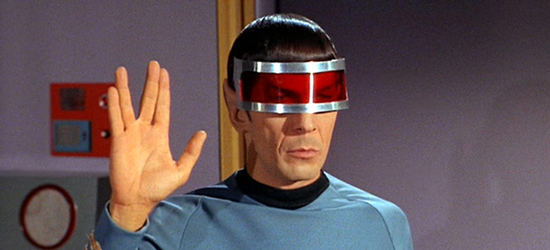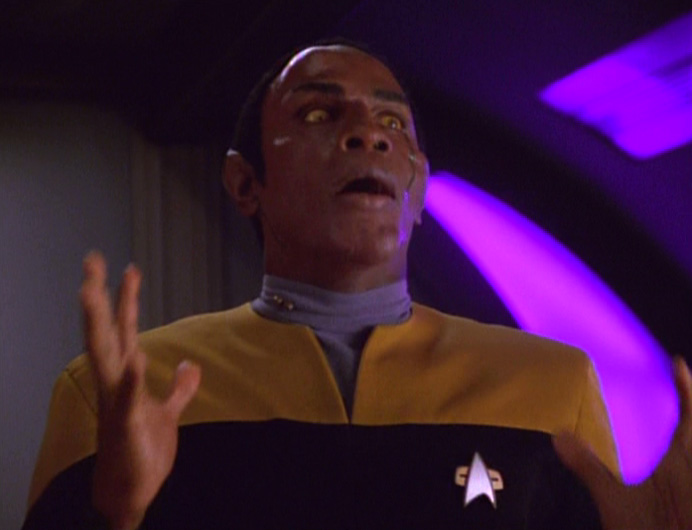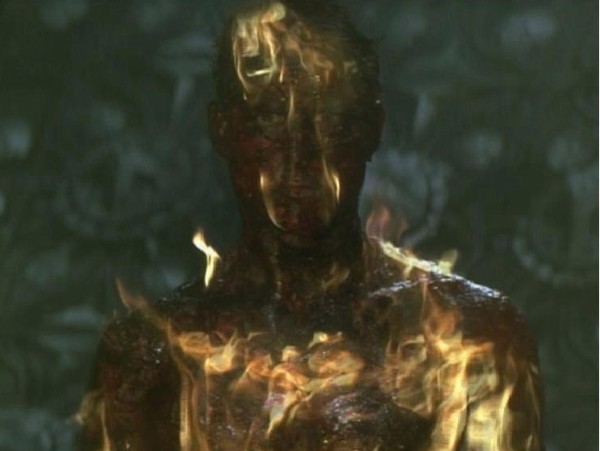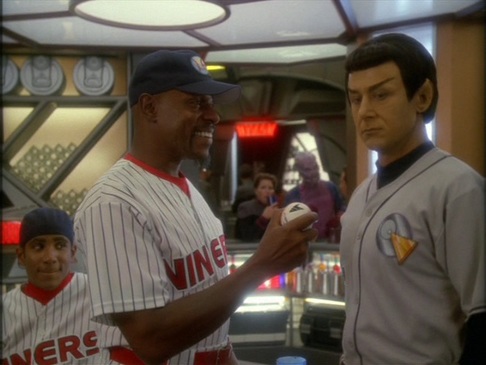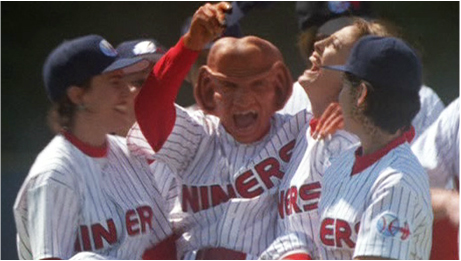Superheroes have been a part of everyday life for more than a hundred years. They star in movies, grace advertisements, walk the red carpet, and occasionally save a life or two. Empires have risen and fallen because of them, and time after time they have saved Earth from certain annihilation.
And they have become irrelevant.
With supervillains effectively extinct, superheroes have become idle and are in danger of losing their funding and their livelihoods. Fearing this, a team of heroes have come up with a drastic plan: to create a team of supervillains who answer only to them, staging crimes so they will have someone to fight.
These are the stories of the men, women and monsters who take part in this dangerous program.
These are Almost Infamous: Origins.
Almost Infamous: Prospects
By Matt Carter
Blackjack
Tampa, Florida, USA
Retirement suits a lot of people.
.
The bitch of it is, I’m not one of ‘em.
God knows if anyone’s earned a good long stretch of peace, it’s me. Spend four decades as a superhero, and a century and change before then as a supervillain, and you’ve earned one in my book. This life ain’t easy on anyone, let alone the immortals, or near-immortals in my case.
And I was honestly considerin’ a good retirement anyway. Maybe write my memoirs. Maybe even give my powers a rest and just let nature do what it does to everyone else and let me age until I’m too feeble to move and my mind’s mush and sweet lady death just comes around and takes me into her embrace. There’d be statues and speeches and maybe even a national day of mourning for the loss of such a great (former) hero. I’d probably go to Hell (who’m I kidding, of course I’m goin’ to Hell), but having been there a fair few times before and made some friends, I can say it’s not as bad as everyone says.
If they’d just let retirement choose me, things’d be square.
But they didn’t.
They chose retirement for me.
Budget cuts, they said.
Times are changing, they said.
We thank you for your service, they said.
No, I doubt forced retirement suits anyone.
I’d saved up a lot from my legitimate endeavors (and some accounts squirreled away from my days of less legitimate endeavors), and they even offered me a generous severance package, so my life wouldn’t be hurtin’. The person they got to break the news, some polite little twat from the Protectors’ human resources department, really meant well. She screeched and squalled when I flipped her desk and stormed out. She looked right fearful when I took her wrist and said some most unkind things to her. She’ll likely even wonder why she’s feelin’ sicker than usual ever since I touched her.
And maybe I might laugh, like I always done when people like her try and cheat me.
When I’m sober enough to remember, at least.
The power’s fun as much as a curse. I touch her, she takes my age, my sick, my pain. I get drunk, she gets the liver problems. At least until some other poor bastard comes along and decides he needs my touch instead. Which in places like this means sooner rather than later.
Truth be told, with what I’ve been doin’ lately, I can’t say whether or not she’s still got my touch. I couldn’t tell you if I’ve been retired a couple months or a couple years. I know I’ve seen a lot of road on my bike, and as long as I can find a cheap bar, some cigars, and a place to rest my head every now and then, I’m pretty good.
Besides, if I sober up, I’m liable to do a whole lot of stupid.
Nothing good comes of me doin’ stupid.
Which is probably why everything changed in a bar where they watered down the liquor somethin’ fierce.
It was a dim little place, no dimmer than your average dive and maybe a little quieter, though that probably had to do with it bein’ 2 in the afternoon. I was goin’ incognito, no hat, no jacket, no six-shooters, hair down, just me in a t-shirt I could swear fit better when I took it off that clothesline and some blue jeans that might hold together another couple hundred miles if trouble didn’t find me. I was waving for the bartender (all right, maybe less waving and more like cussin’ him out for what he was doing with the drinks) and wondering where the hell he’d disappeared to when I heard that familiar voice behind me.
“Jill Winchester. You know, I think you get shorter every time I see you,” he said.
“Short enough to kick your ass,” I said, thinking myself especially clever. I took the stub of my cigarette from the ash tray and spun my barstool around to face Fifty-Fifty.
He was still ugly as sin, at least the right half of him, pale Gray alien, featureless and vaguely damp, unlike his left half, which might’ve been handsome if it weren’t for the right half.
Doesn’t mean we didn’t screw around for a while once some years back.
“And don’t call me Jill, Franz,” I said, putting the cigar back in my mouth.
“Sorry, sorry, Blackjack,” he said, putting his hands up in mock surrender. He tried looking casual, but I could tell he was afraid. Not too afraid, not with the group of other superheroes he had the place surrounded with.
He motioned with his four-fingered alien hand to a stool next to me. Curious what the hell he was doin’ out here, I gave him a half-nod, and he took the seat.
“You’re looking well,” he said, his words sounding weird as ever with his half-human, half-Gray tongue.
“Tell this sumbitch bartender to stop watering down his drinks, let me down a few, and I might say the same for you,” I said.
“You wound me, J- Blackjack. Besides, I come with good tidings,” he said.
“Figured as much,” I said. Fifty-Fifty wasn’t a bigwig in the Protectors, but he could’ve been, in time. He was ambitious, and much more of a shark than a lot of the people on the Protectors with shark-based powers.
“What are your prospects like these days?” he asked me. “Aside from intoxicating.”
I wanted to say not so great, but they weren’t. I was still famous, not like El Capitán or the Gamemaster, but close. I could get product endorsements and speaking engagements, find myself on the board of directors of pretty much any company I wanted, but I didn’t.
I wasn’t ready to leave the life yet.
I wanted to do that on my terms.
“Yeah, I thought as much,” he said.
Fucking Gray brain half. Reading my mind?
“Only a little,” he responded. “I thought you used to like me inside you.”
“Let me go out to my bike and grab my guns, I could put somethin’ inside of you,” I said. Sweet, beautiful drunken superhero flirting. It’d been a while.
“I come with an opportunity. One right up your alley. One last hurrah, you might say,” he said.
That got my attention. “Go on.”
“Let’s be honest, what do you miss more: being a hero or being a villain?” he asked.
There was no question, “A villain.”
“Glad to hear it. Want to be one again?” he asked.
This was a trap. It had to be. The Protectors didn’t want me making them look bad on my bender, were looking to entrap me with one of my ex’s so they could quietly kill me, or worse, send me to The Tower.
I could give him the touch, fight my way through his backup outside. I’d done it before, no sweat.
But something told me I had to listen to this. Maybe it was his telepathy prodding things along, or maybe there was just enough liquor in my body to screw with my judgment, but I said, “What’s the catch?”
“Who says there’s a catch?”
“You’re asking me to be a supervillain and you’re telling me there’s no catch?”
“Point,” he said. “You know better than any of us that things haven’t been good since the War on Villainy ended. No villains mean less need for heroes, less need for heroes means less funding, less funding means downsizing.”
“So you want me to be a bad guy again just to pad your paychecks? They’ll catch me in a second, and you know it. I ain’t that stupid,” I said.
“No, you’re not, which is why we’re going to do this smart. Some of the other guys and me-”
“Names?”
“Similarly minded folks to us. Heroes who have to worry about their heroing careers, not like the big boys. You get names if you say yes,” he said.
I glowered, but he held strong.
“Fine.”
“We’ve got something in the works. We call it Project Kayfabe,” he said.
“Kayfabe?”
“It’s a wrestling term. It’d take a while to explain. But the long and the short is, some of us are going to make a new team of villains. Hand-picked, superpowered kids, mostly ones too stupid to know what’s good for them, and answering entirely to us. We train them, we mold them, we make them the kind of villains we need. We tell them where to go and what to do, and we fight them, and we put on a good show, and the people remember how much they need us. We get money, the people feel safe, everybody wins,” he said.
“Almost everybody,” I said.
“Oh?”
“Yeah. Your villains,” I said.
Most of the people folk call villains these days aren’t really the bad guys, but idiot kids who try something illegal, or just plain stupid with their powers, and need to be arrested for it. They make one mistake and get themselves a one-way, non-refundable ticket to The Tower. Sure, a lot of ‘em got what’s coming to ‘em, but it ain’t always as right as it oughta be. Don’t get me wrong, like any respectable superhero, I’ve killed myself a fair few villains.
It’s just that, knowing what it’s like on the other side, I feel bad about it sometimes.
The other heroes don’t even have themselves a sometimes.
“Yeah, well, there need to be some losers in life sometimes for the rest of the world to sleep at night. You’d rather they be people that matter? You’d rather they be you?” he asked.
“You always did know how to charm a girl. What do you want me to do?”
“Is that a yes?”
“It’s a maybe. What do you want?”
“Well, you know we’re good at being heroes, but we don’t have much experience being villains. You do. We want you to be the drill sergeant for these kids. We want you to keep them in line and keep an eye on them. Mold them as you’d mold any other villain. Teach them to be… every bit as charming as you.”
I laughed, sharp and loud, enough to make Fifty-Fifty jump.
I laughed, but I was tempted. It wasn’t field work, but it was something.
And it was dangerous, much more exciting than hero work had become.
“You got any kids in mind?” I asked.
Though the two halves of his mouth raised unevenly, he smiled at that, pulling a small holographic projector from his pocket, “We’ve got some prospects. Mostly local or from the Empire or Soviet, some from elsewhere.”
Was I really ready to do this?
Yeah. Yeah I was.
“Let’s see ‘em then…”
Eighteen-year-old Aidan Salt isn’t a superhero. With his powerful (and unpredictable) telekinetic abilities he could be one if he wanted to, but he doesn’t. He’s unambitious, selfish, and cowardly, and he doesn’t want to have to deal with all the paperwork required to become a professional superhero. But since the money, fame, and women that come with wearing the cape are appealing, he decides to become the first supervillain the world has seen in more than twenty years: Apex Strike.
However, he soon finds villainy in a world where the heroes have long since defeated all the supervillains. While half the world’s heroes seem to want him dead, the other half want to hire him as their own personal villain to keep them relevant. Choosing the latter course, Aidan enters a world of fame, fortune, and staged superhero fights that is seemingly everything he ever dreamed of . . . at least until he sees what truly hides behind the cape-and-mask lifestyle.
Almost Infamous will be released on April 19th, 2016, from Talos Press. Find it wherever books are sold (including the Amazon link so helpfully included in the cover above).
